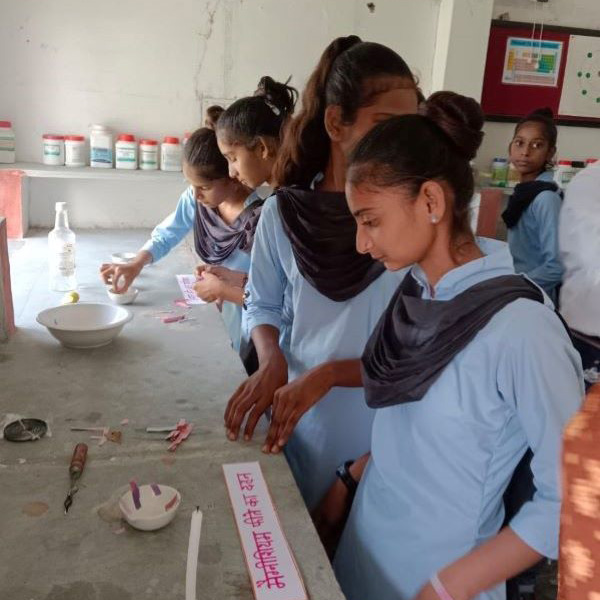In India and Nepal, two Global Fund for Children partners are employing sports to address pandemic-related education issues.
During the height of the COVID-19 pandemic, prolonged school closures and stay-at-home regulations disrupted children’s fundamental rights to education and physical play. As children and their allies grapple with the effects of these disruptions, some local organizations are using play-based learning as an effective strategy to help children recover from pandemic-induced learning loss and succeed academically.
Two of GFC’s partners in India and Nepal have embraced play-based learning to promote access to quality education for schoolchildren, particularly those from marginalized communities. These organizations partner with schools and local communities to motivate children to learn through sports such as football (soccer), netball, table tennis, cricket, and volleyball.
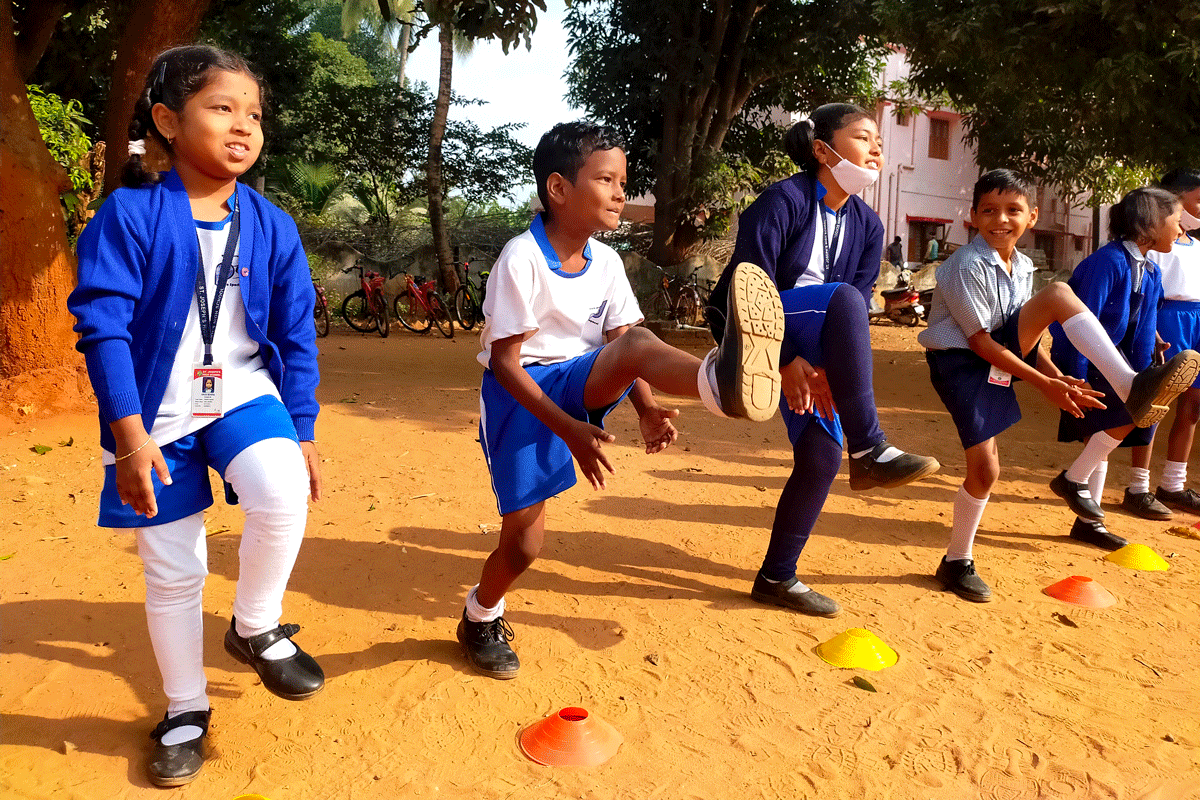
For example, Pro Sport Development (PSD) is a social enterprise that employs sports as a powerful tool for the holistic development of children and youth, including Indigenous children in the eastern Indian state of Odisha. PSD aims to promote a sporting culture among youth (especially youth from marginalized communities) that is inclusive, sustainable, and engaging.
“We ensure children have access to sports so that they exercise their fundamental right to play and develop certain crucial skills,” said PSD Director and Founder Suheil Tandon. “We deliver sports using a value-based approach to help kids learn about sporting values, such as teamwork, fair play, integrity, equality, and inclusion, which will help them later in life.”
PSD’s flagship Community Sports Program recruits girls and boys as a way of breaking the perception that girls should not participate in sports. It creates a safe space where boys and girls interact with each other starting from a very young age and continuing through adolescence. PSD also uses sports to advocate on issues that affect children’s rights, including child marriage and gender stereotypes.
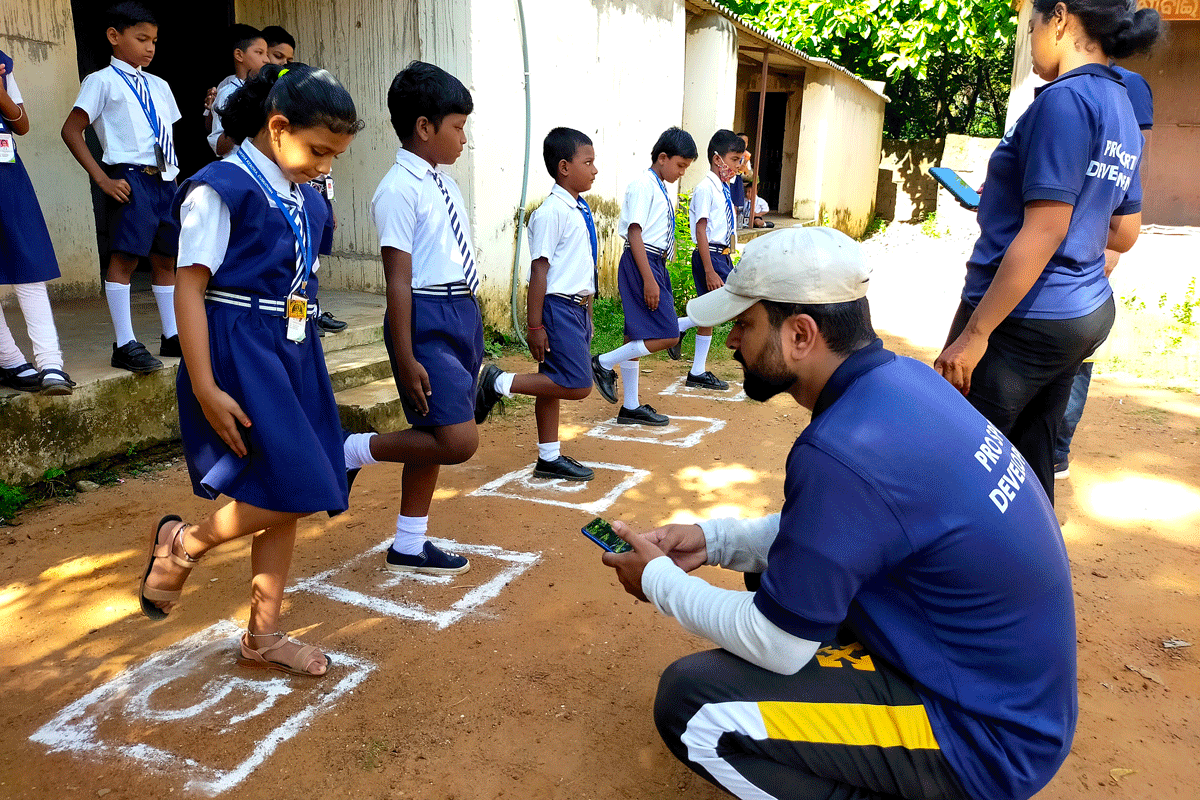
PSD has faced challenges with the acceptance of the program due to limited knowledge of the benefits of play-based learning. However, its model is slowly gaining traction in India with its recognition in the 2020 Indian National Education Policy, which envisages sports as part of the curriculum and sports-integrated learning as a way of fostering the holistic development of children.
“Sports and physical activities are hardly seen as fundamental rights that can promote wellbeing and be used for development outcomes beyond the playing field,” Tandon said. “That is a perception we are trying to change.”
In Nepal, Atoot uses football to empower girls and promote their holistic development in the Kapilvastu district. “Atoot” means “unbreakable” in Nepalese, and the organization creates opportunities for girls to build their confidence, leadership skills, teamwork, and social skills while also working with families and community members to raise awareness about the importance of girls’ education.
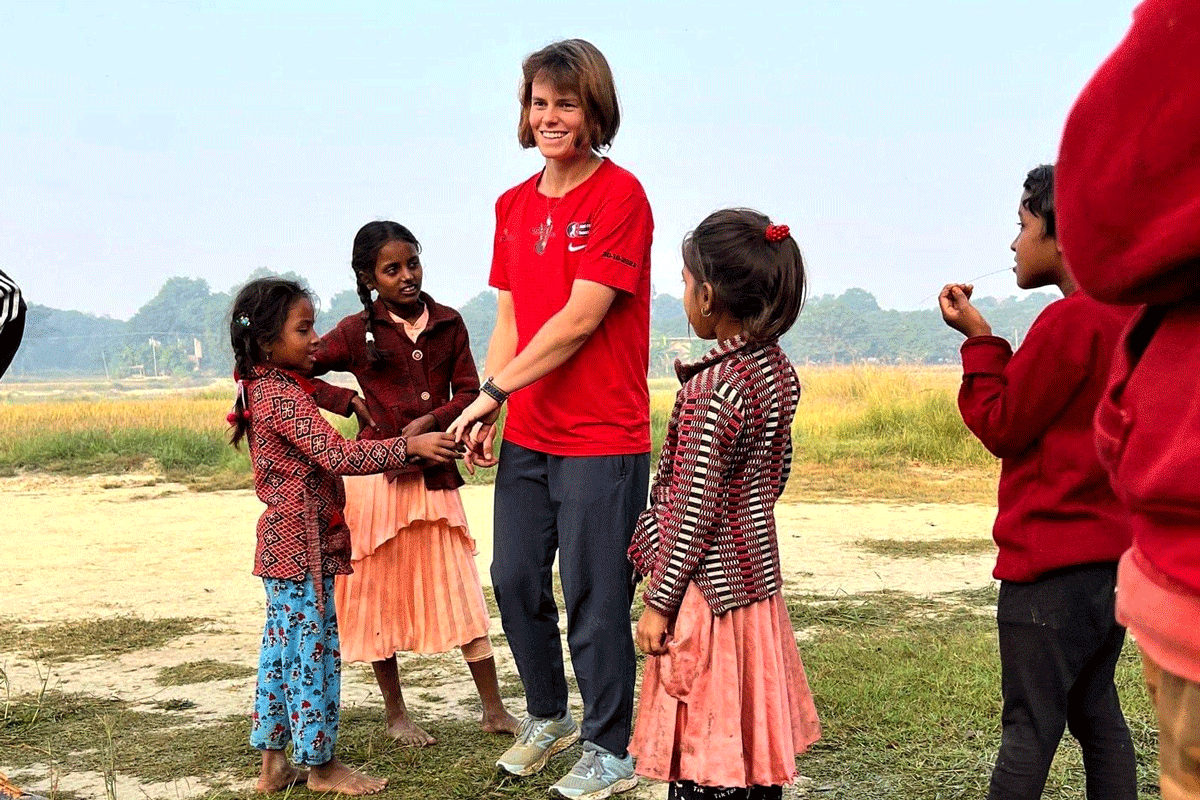
“Our organization uses sportive and educative opportunities to empower girls in rural Nepal,” explained Sarah Van Vooren, the Co-Founder and Executive Director of Atoot. “These girls are marginalized in their communities and have zero opportunities. We use the power of football to bring girls together and create a safe space where an ecosystem of empowerment emerges.”
Atoot works with more than 200 girls between the ages of 5 and 18. Through football sessions, the organization helps girls learn soft skills (such as communication and teamwork) and teaches both English and Nepalese.
“We also convene life skills workshops, where we discuss some sociocultural issues that affect girls in communities, such as human trafficking, child marriages, and gender-based violence,” Van Vooren said.
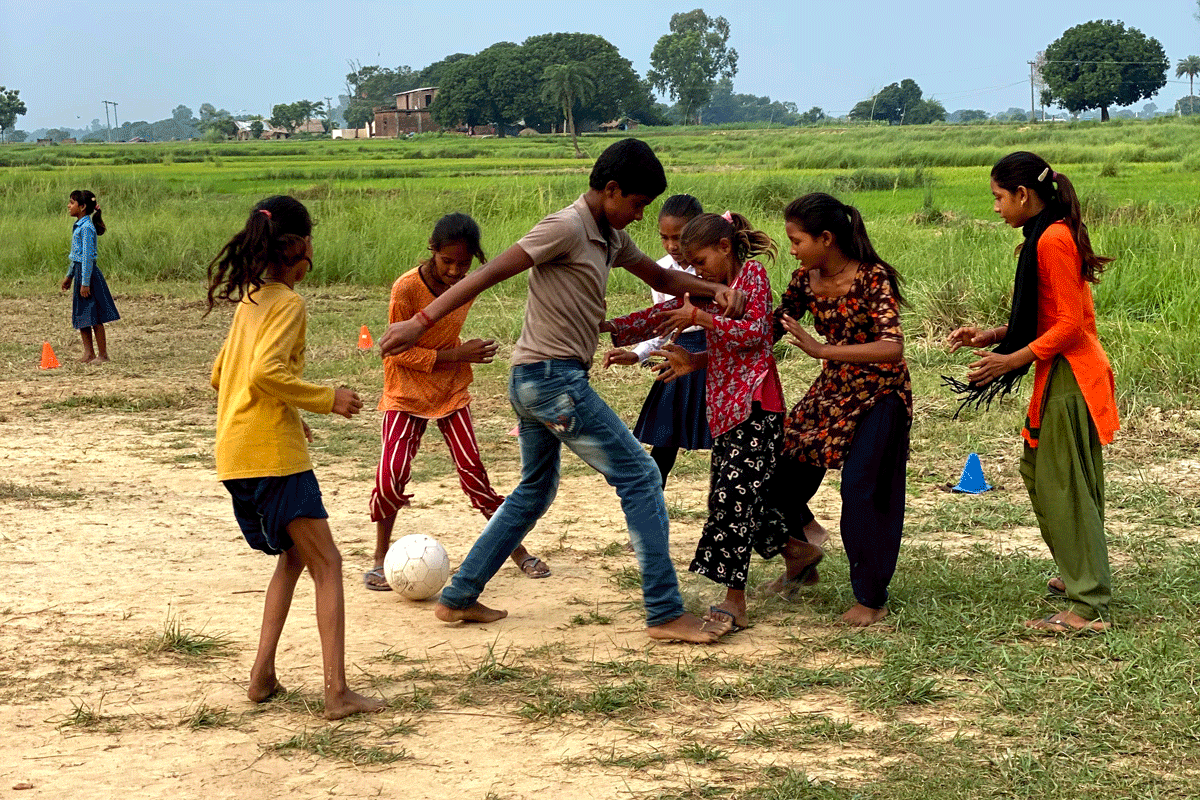
The partnership with GFC has helped these organizations to strengthen their capacity, expand their programs, and improve play-based learning environments for children in their communities.
Both PSD and Atoot are among the 66 community-based organizations in the Partnership to Educate All Kids (PEAK) initiative supported by the LEGO Foundation. The initiative provides financial support and capacity development to local organizations around the world that are helping children who have experienced pandemic-related education disruptions to thrive in learning environments that prepare them for future success.
As the PEAK initiative turns one, GFC is highlighting the work of some of the PEAK partners who are employing innovative ways of making education more fun and appealing to children who suffered academic loss at the height of the pandemic.
Header photo: A coach leads girls who participate in Atoot programs in an educational football session. © Atoot


